Deadly Ties by Aaron Ben-Shahar
Deadly Ties By Aaron Ben-Shahar
 The author of this novel, Aaron Ben-Shahar is an Israeli attorney-at-law who has served in highly sensitive positions in the Israeli Secret Service. When I read his first novel, A Minister in a Box (see review), I could not help but believe that his description of mystery, intrigue, murder, secret agents, etc., must have been based on his own real experiences. Now once again, he has produced another novel which takes the reader behind the scenes of the Mossad, the Israeli highly secret intelligence agency as well as an Iranian comparable secret agency. It has an unbelievable plot, which is actually believable because it rings true.
The author of this novel, Aaron Ben-Shahar is an Israeli attorney-at-law who has served in highly sensitive positions in the Israeli Secret Service. When I read his first novel, A Minister in a Box (see review), I could not help but believe that his description of mystery, intrigue, murder, secret agents, etc., must have been based on his own real experiences. Now once again, he has produced another novel which takes the reader behind the scenes of the Mossad, the Israeli highly secret intelligence agency as well as an Iranian comparable secret agency. It has an unbelievable plot, which is actually believable because it rings true.
The story features Bonnie, a prominent minister in the Israeli government who after the death of his mother finds a letter for him in his mother’s desk. Early in the story, we have learned that his mother had a onetime sexual fling many years ago. Now the letter tells him that the man he always thought was his father was not actually his biological dad. This leads Bonnie on an adventure to find this man who turns out be an equally high placed Iranian minister. Needless to say, this novel, as was the first one, is filled with mystery, intrigue, and twists and turns that will keep you on the edge of your seat. It was hard to put down this book; I highly recommend it.
In addition to the entertaining value of this excellent well-written novel, it also deals with an area, which as a psychiatrist and student of human behavior I have pondered over the years; that is the occasion where a person becomes obsessed with the desire to know the nature of their biological identity when it has previously been unknown or in question.
There have been several movies which have dealt with this subject one way or the other. The names of some these films were( see links to reviews): Philomena, The Kids Are All Right, People Like Us, and Stories We Tell. I have also written about this subject on my blog(see link) Psychiatrytalk.com.
At times in conversation, I have asked an acquaintance what they might do if they received communication from the hospital where they were born was computerizing their records and they found out that the person was actually accidentally “switched at birth.” Would you want to meet your biological parent?
What if the situation were that the hospital was notifying you that a child born to you was accidentally switched at birth? Would you want to meet that long lost child? Suppose you were told that the family with your biological child would like to meet you, would you agree to this meeting? Would you tell your child that they were switched at birth? How would you feel if your child was anxious to meet the biological parent? Different people respond differently to these questions. The urgency of meeting the biological parent varies from person to person. Some people feel it would not make a difference in their life. I actually have known people who have discovered a biological parent unknown to them previously and then become very close to them.
These issues are part of the central theme of this intriguing book. Whether or not you would have the same feelings of the main character, I am sure you will find this an interesting and fascinating book well worth reading.
Comment » | FG - Fiction General, FM - Fiction Mystery, FT- Fiction Thriller, Uncategorized

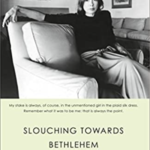

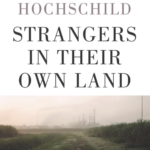
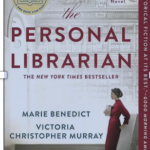


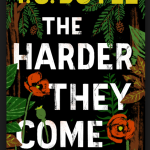
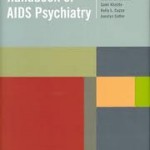
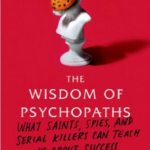
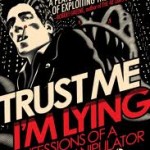



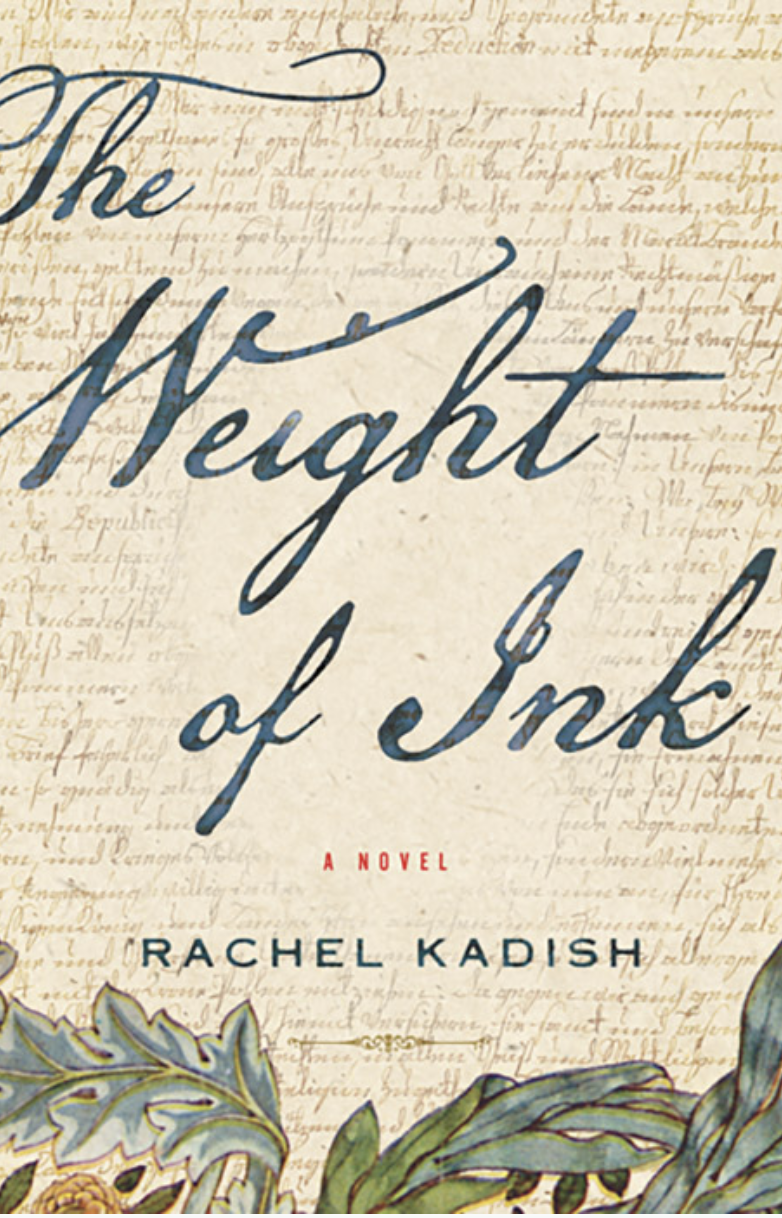 This is an unusual and very interesting storyline. The narrative toggles back and forth between modern day London and Amsterdam during the 17th century. A removable panel in a wall behind the stairs in a lovely home in modern day London is discovered to have a trove of documents written in the 1600s. Helen Watts, a woman professor and a graduate student, Aaron Levy, begin to extract and translate these documents, which are mostly in Portuguese, Hebrew, and English. The majority of these old papers were written by a well-known, blind rabbi’s personal scribe. The scribe allowed the rabbi to carry on correspondence with some of the great intellectuals of that time in various parts of the world. The modern day professor and her graduate student make an amazing discovery that the scribe was actually a young woman by the name of Ester. Of course, it was unheard of that a woman at that time would be well-educated and able to carry on such a high level of intellectual writing and reading. The story gets more complicated as a competing high-powered intellectual team also gains access to the documents and realizes the significance of them. The reader follows the unfolding of the story as each chapter moves back and forth more than 300 years. The modern day translators realize that the young woman scribe had on her own taken up a correspondence with some of the intellectual giants of her time including Spinoza while signing her name with a pseudonym. As the reader is whipped back and forth with alternating chapters being in the past or present, there is an opportunity to learn the details of the private lives of not only Ester and the people around her, but also about the private lives of Helen, the professor and Aaron the graduate student. One aspect of the distant time period is that there was a deadly plague sweeping London and the rest of the world. (Sound familiar?).
This is an unusual and very interesting storyline. The narrative toggles back and forth between modern day London and Amsterdam during the 17th century. A removable panel in a wall behind the stairs in a lovely home in modern day London is discovered to have a trove of documents written in the 1600s. Helen Watts, a woman professor and a graduate student, Aaron Levy, begin to extract and translate these documents, which are mostly in Portuguese, Hebrew, and English. The majority of these old papers were written by a well-known, blind rabbi’s personal scribe. The scribe allowed the rabbi to carry on correspondence with some of the great intellectuals of that time in various parts of the world. The modern day professor and her graduate student make an amazing discovery that the scribe was actually a young woman by the name of Ester. Of course, it was unheard of that a woman at that time would be well-educated and able to carry on such a high level of intellectual writing and reading. The story gets more complicated as a competing high-powered intellectual team also gains access to the documents and realizes the significance of them. The reader follows the unfolding of the story as each chapter moves back and forth more than 300 years. The modern day translators realize that the young woman scribe had on her own taken up a correspondence with some of the intellectual giants of her time including Spinoza while signing her name with a pseudonym. As the reader is whipped back and forth with alternating chapters being in the past or present, there is an opportunity to learn the details of the private lives of not only Ester and the people around her, but also about the private lives of Helen, the professor and Aaron the graduate student. One aspect of the distant time period is that there was a deadly plague sweeping London and the rest of the world. (Sound familiar?).